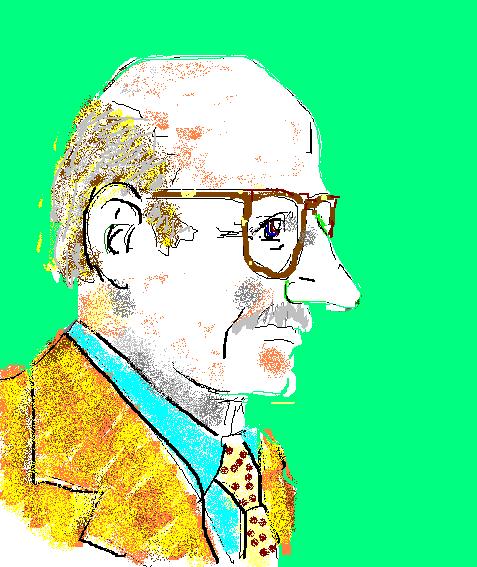Source: The Cultural Contradictions of Capitalism (1976), Chapter 6, The Public Household, p. 244
Contexte: Gadgets can be engineered, programs can be designed, institutions can be built, but belief has an organic quality, and it cannot be called into being by fiat. Once a faith is shattered, it takes a long time to grow again - for its soil is experience - and to become effective again.
Daniel Bell: Citations en anglais
“When a person is confirmed by others, there has to be some sign of recognition.”
Source: The Cultural Contradictions of Capitalism (1976), Chapter 2, The Disjunction of Cultural Discourse, p. 90
Source: The Cultural Contradictions of Capitalism (1976), Chapter 4, Toward the Great Instauration, p. 146
Source: The Cultural Contradictions of Capitalism (1976), Chapter 5, Unstable America, p. 196
Source: The Cultural Contradictions of Capitalism (1976), Chapter 3, The Sensibility of the Sixties, p. 131
Source: The Cultural Contradictions of Capitalism (1976), Chapter 6, The Public Household, p. 274
“Today, the culture can hardly, if at all, reflect the society in which people live.”
Source: The Cultural Contradictions of Capitalism (1976), Chapter 2, The Disjunction of Cultural Discourse, p. 95
Source: The Cultural Contradictions of Capitalism (1976), Chapter 1, The Cultural Contradictions of Capitalism, p. 33
Introduction, The Disjunction of Realms, p. 13
The Cultural Contradictions of Capitalism (1976)
Introduction, The Disjunction of Realms, p. 4
The Cultural Contradictions of Capitalism (1976)
Source: The Cultural Contradictions of Capitalism (1976), Chapter 3, The Sensibility of the Sixties, p. 134
Source: The Cultural Contradictions of Capitalism (1976), Chapter 6, The Public Household, p. 226
Introduction, The Disjunction of Realms, p. 21
The Cultural Contradictions of Capitalism (1976)
Foreword: 1978, p. xi
The Cultural Contradictions of Capitalism (1976)
“The discussion of any society risks seduction by what is transient and tumultuous.”
Source: The Cultural Contradictions of Capitalism (1976), Chapter 5, Unstable America, p. 191
“The virtue of the market is that it disperses responsibility.”
Source: The Cultural Contradictions of Capitalism (1976), Chapter 5, Unstable America, p. 197
“Where religions fail, cults appear.”
Source: The Cultural Contradictions of Capitalism (1976), Chapter 4, Toward the Great Instauration, p. 168
Foreword: 1978, p. xxix
The Cultural Contradictions of Capitalism (1976)
Source: The Cultural Contradictions of Capitalism (1976), Chapter 3, The Sensibility of the Sixties, p. 124
Source: The Cultural Contradictions of Capitalism (1976), Chapter 6, The Public Household, p. 223
Source: The Cultural Contradictions of Capitalism (1976), Chapter 5, Unstable America, p. 198
Source: The Cultural Contradictions of Capitalism (1976), Chapter 5, Unstable America, p. 189
“Television, as the most "public" of media, has its limits.”
Source: The Cultural Contradictions of Capitalism (1976), Chapter 2, The Disjunction of Cultural Discourse, p. 108
Source: The Cultural Contradictions of Capitalism (1976), Chapter 1, The Cultural Contradictions of Capitalism, p. 78
